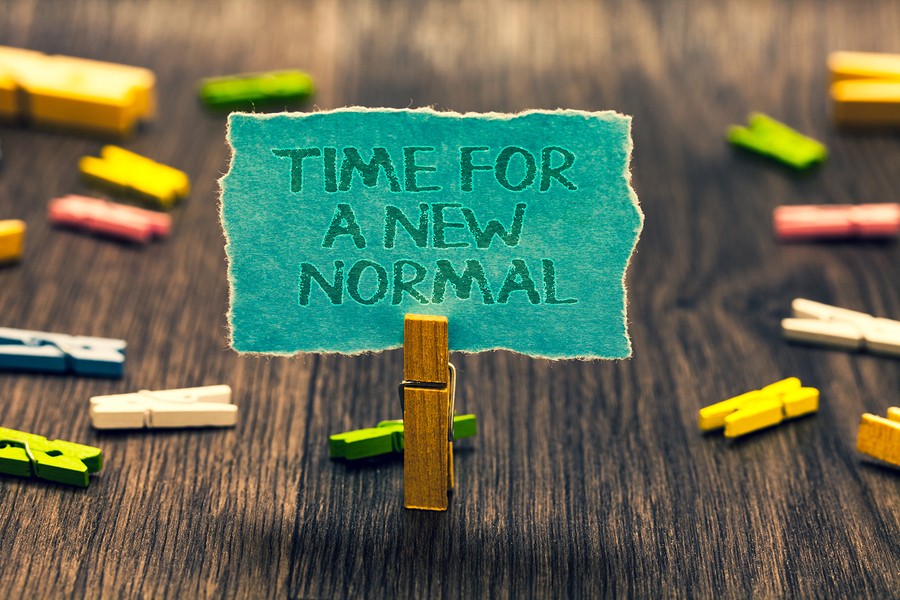Of course, there is nothing inherently better about “normal.” It’s simply the norm—the way most of us have agreed to act. “Non-normal” socialization is not necessarily worse.
The Speciousness of Normal
So, which of these individuals with autism is more “normal” as we define it: the highly verbal, articulate person with a college degree who becomes incapacitated when overwhelmed by sensory inputs and struggles with anxiety and/or depression, or the person with communication challenges limited to simpler, possibly repetitive tasks who accomplishes them every day and enjoys a social life, explores their passions, and lives with a degree of independence?
The first person appears “normal” to neurotypical people most of the time but encounters significant life challenges, many of which are not visible. This is why “normal,” as a qualifier, doesn’t carry much water.
The topic of normality and autism came up in my recent conversation with Dr. Sue Fletcher-Watson, a Chancellor’s Fellow at the University of Edinburgh’s Centre for Clinical Brain Sciences. She has conducted significant research on intelligence and socialization of individuals on the autism spectrum.
Dr. Fletcher-Watson believes that the great untapped reservoir of information about the struggles of autistic individuals comes from those struggling with the condition themselves.
“I think we really need to systematically explore how [the recommendations of] able, articulate, autistic adults can be translated into good practice for young children, people with learning disabilities, people with communication challenges, and so on,” she said.
“We’re looking at developing peer support models which would include matching newly- diagnosed autistic adults with people who have had a diagnosis for a while, and are very established in the community, but also maybe pairing parents of autistic children with an autistic adult, to get their insights and their perspective.”
Segregate or Integrate?
There is an ongoing discussion in the disability community and the legislature about the relative merits of organizing people with disabilities into their own communities. As research has demonstrated, and I have documented here, people with autism often report that they socialize more successfully with each other than with neurotypical people (and vice versa). Living within their own communities is often preferred and provides individuals with autism the freedom to organize their lives around their own social norms.
This would argue for creating communities of people with autism.
But many are suspect of creating living environments that could mimic institutions, weary of the way we institutionalized people with psychiatric conditions in the U.S. in the 1960s and 70s to disastrous effect. Today, federal law requires that many residential facilities for individuals with disabilities must be integrated with a certain number of non-disabled people.
Many caregivers and people with autism chafe at this law.
It’s a conundrum, Dr. Fletcher-Watson and I agree. After all, people with commonalities of all types organize themselves into segregated communities, whether it’s senior living communities for older people or summer camps for children with cancer.
What marks these communities as special are the commonalities in life experiences the members share, and the social norms inside them, which could be beneficial to people with autism who are naturally governed by norms not shared by the rest of society.
Dr. Fletcher-Watson describes the conundrum this way: “On the one hand, what our data seems to be saying is that we should provide opportunities for autistic people to be together. I’ve met autistic adults who’ve never met another autistic person, and that’s heartbreaking. So, that’s really important, to provide those spaces. But the risk is that you can also create a ghetto.”
The solution might be to allow people on the spectrum to choose their own living arrangements, and if the results are organic, successful communities of people with autism, then we should be grateful for a concept that improves their lives. At the same time, individuals with autism who prefer to mainstream their living situations would have that ability, offering everyone the opportunity to choose the lifestyle that best suits them.
For further reading like this blog, check out a copy of my book, Autism Matters.
Published By
Ronit Molko, Ph.D., BCBA-D
